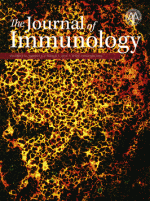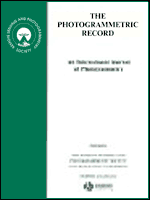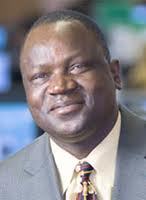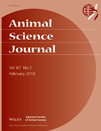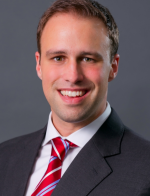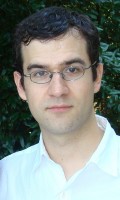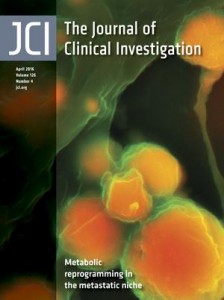 Alfredo Fusco, a researcher in Italy who has been under criminal investigation for scientific misconduct, has earned his ninth retraction.
Alfredo Fusco, a researcher in Italy who has been under criminal investigation for scientific misconduct, has earned his ninth retraction.
Retraction number nine, by The Journal of Clinical Investigation, is for duplicating data from another publication — which has also faced questions on PubPeer about image manipulation, along with many other papers by Fusco.
The retraction note for “The RET/PTC-RAS-BRAF linear signaling cascade mediates the motile and mitogenic phenotype of thyroid cancer cells” explains that the journal is pulling the paper even though the authors claim that they can reproduce the data:
Continue reading Cancer researcher earns 9th retraction, for image duplication
